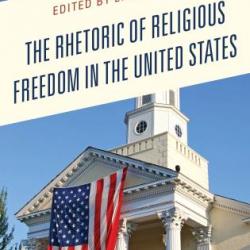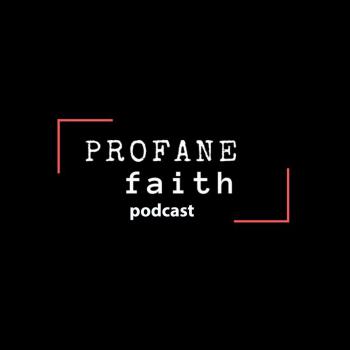 Dr. Larycia Hawkins’ decision to wear a hijab during Advent to express solidarity with our Muslim sisters and brothers is one of the most Christian acts a believer could perform in these anti-Islamic times.
Dr. Larycia Hawkins’ decision to wear a hijab during Advent to express solidarity with our Muslim sisters and brothers is one of the most Christian acts a believer could perform in these anti-Islamic times.
Yet Wheaton College suspended the tenured professor, which proves that some expressions of Christianity need to be born again.
Jesus once asked the scribes and Pharisees: “Why do you break the commandment of God for the sake of your tradition?” (Matt. 15:3).
That’s a good question to ask Wheaton officials.
The commandment of God, described by Augustine as the hermeneutics of “double love”—love for neighbor and love for God—is often broken by Christians who try to hold the oppressive balls of Western doctrine in the air.
Apparently, what got the tenured professor in trouble was this statement: “I stand in religious solidarity with Muslims because they, like me, a Christian, are people of the book.”
Taking her statement to mean she was conflating Christianity and Islam, Wheaton officials hastily responded: “While Islam and Christianity are both monotheistic, we believe there are fundamental differences between the two faiths, including what they teach about God’s revelation to humanity, the nature of God, the path to salvation and the life of prayer.”
Is Wheaton College—supposedly a laboratory of higher learning and theological thought—that insecure about its own Christian identity that someone with a different point of view deserves punishment? Lamentably, the answer is apparently “yes.”
Despite the spin Wheaton put on the matter, the suspension reflects a sinister desire to silence dissenting views. Also, in addition to being prejudiced by Islamophobia—consciously or unconsciously—the college’s action typifies the common Christian belief that those who don’t believe exactly as we do are dangerously outside of God’s will.
Indeed, much of what drives Western Christianity’s close mindedness—even in many seminaries—is fear. Fear that if we get it wrong God will condemn us to hell.
But fear is always a dangerous barometer by which to measure the authenticity of one’s faith. Paul told Timothy that God “did not give us the spirit of fear but of power, of love and a sound mind” (2 Tim. 1:7).
When one is gripped by fear—even in the process of interpreting scripture and formulating doctrine—one can have neither POWER, LOVE nor a SOUND MIND.
Indeed, one will lack the power to transform the world, the love to extend to the marginalized, and a sound enough mind to recognize when he or she is wrong. That is because fear blinds.
Protestantism has a long and ugly history in this regard. Reformer John Calvin had Michael Servetus burned at the stake because he refused to accept orthodox doctrines. Both Catholic and Protestant leaders rounded up and killed Anabaptists because they rejected infant baptism. And, sadly, following that same tradition, Wheaton College suspends a professor for believing Muslims are “people of the book.”
Even if Hawkins was conflating Christianity with Islam, Wheaton was still wrong. Why? Because LOVE is the heartbeat of the gospel—not adherence to doctrine. And it was love that inspired the professor to don a hijab in expression of solidarity with a community that has come under fire since the mass shootings in Paris and San Bernardino, Calif.
And her decision to do just that is a SUBVERSIVE act worthy of exposing to Wheaton students, many of whom will go on to lead churches in a complex and pluralistic world. Reactionary expressions of orthodoxy make them unworthy of the task.
Besides, isn’t the central message of the gospel—as James Cone teaches—that God identifies with the oppressed? Jesus himself hung around sinners, wine bibbers and those considered unclean.
By identifying with persecuted Muslims, Hawkins is walking in the best tradition of Christ.
There is a Negro spiritual which raises the profound question: “Have you got good religion?”
And good religion, like Jesus—who upset the politics of religious respectability of his day—is not doctrinaire. It’s humble. It’s always repenting, always learning and always growing. Too, good religion is an ongoing discussion that includes and welcomes different voices.
Indeed, it understands that orthodoxy is fallible and man-made. That doctrine doesn’t descend from the mouth of God but from the compromised process of human inquiry and the context out which it is practiced. And it understand that this process is neither innocent nor sacrosanct.
That is why William Sloane Coffin encouraged believers to, “Make love your aim, not biblical inerrancy, nor purity, nor obedience to holiness codes.”
Maybe by the time this is published, Wheaton officials will have done the right thing and reinstated professor Hawkins.
Fredrick Robinson is a contributor for R3












